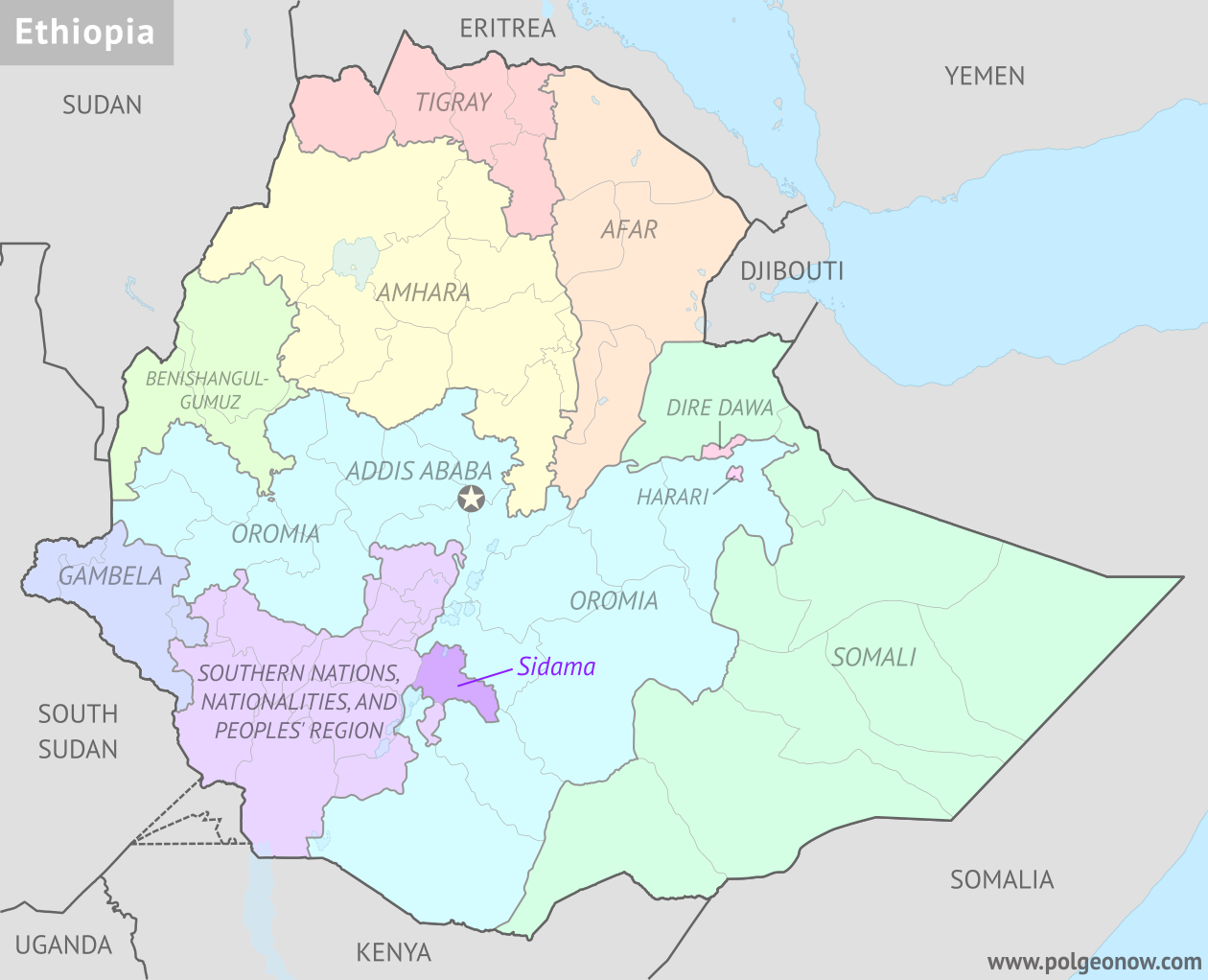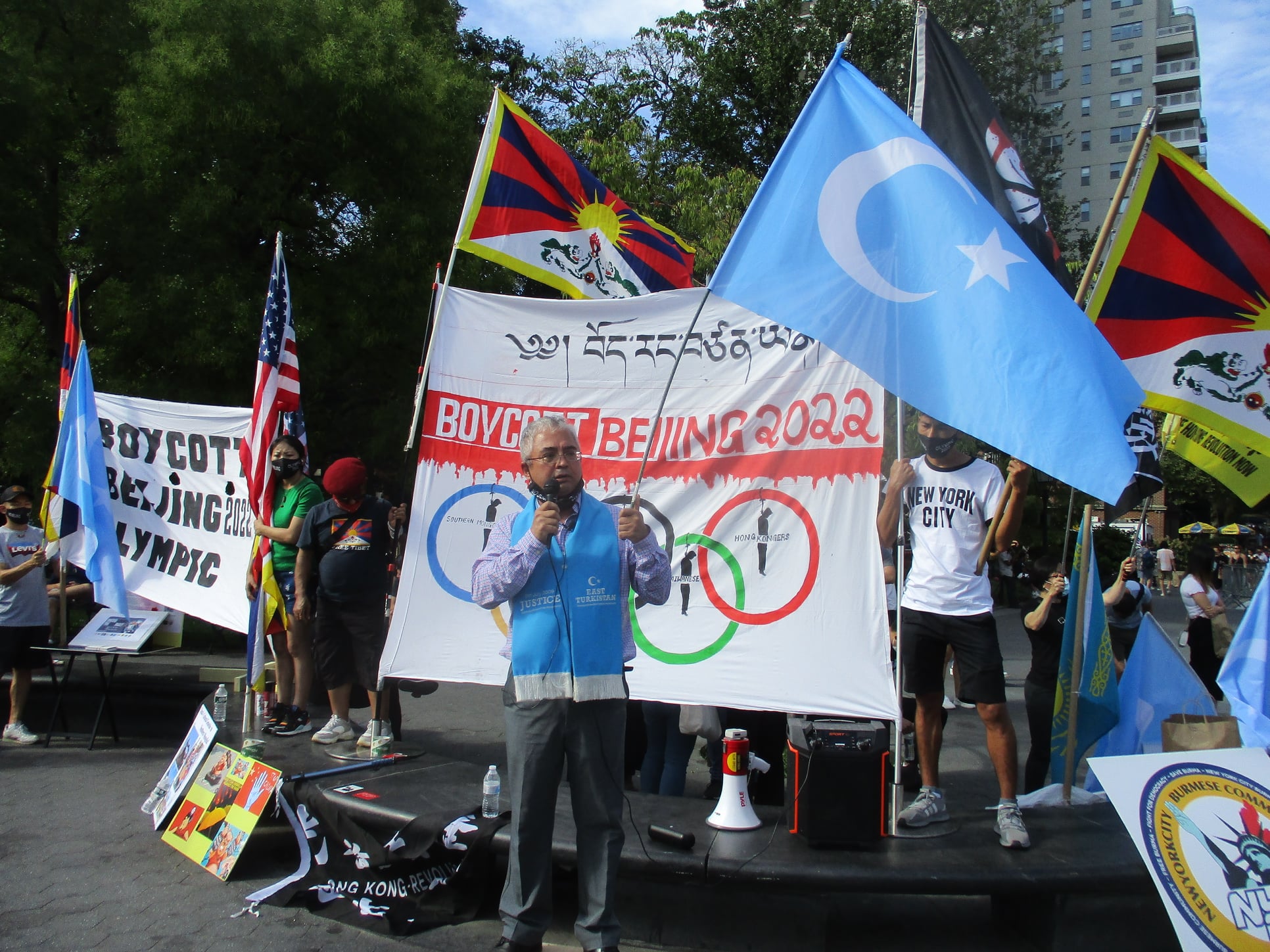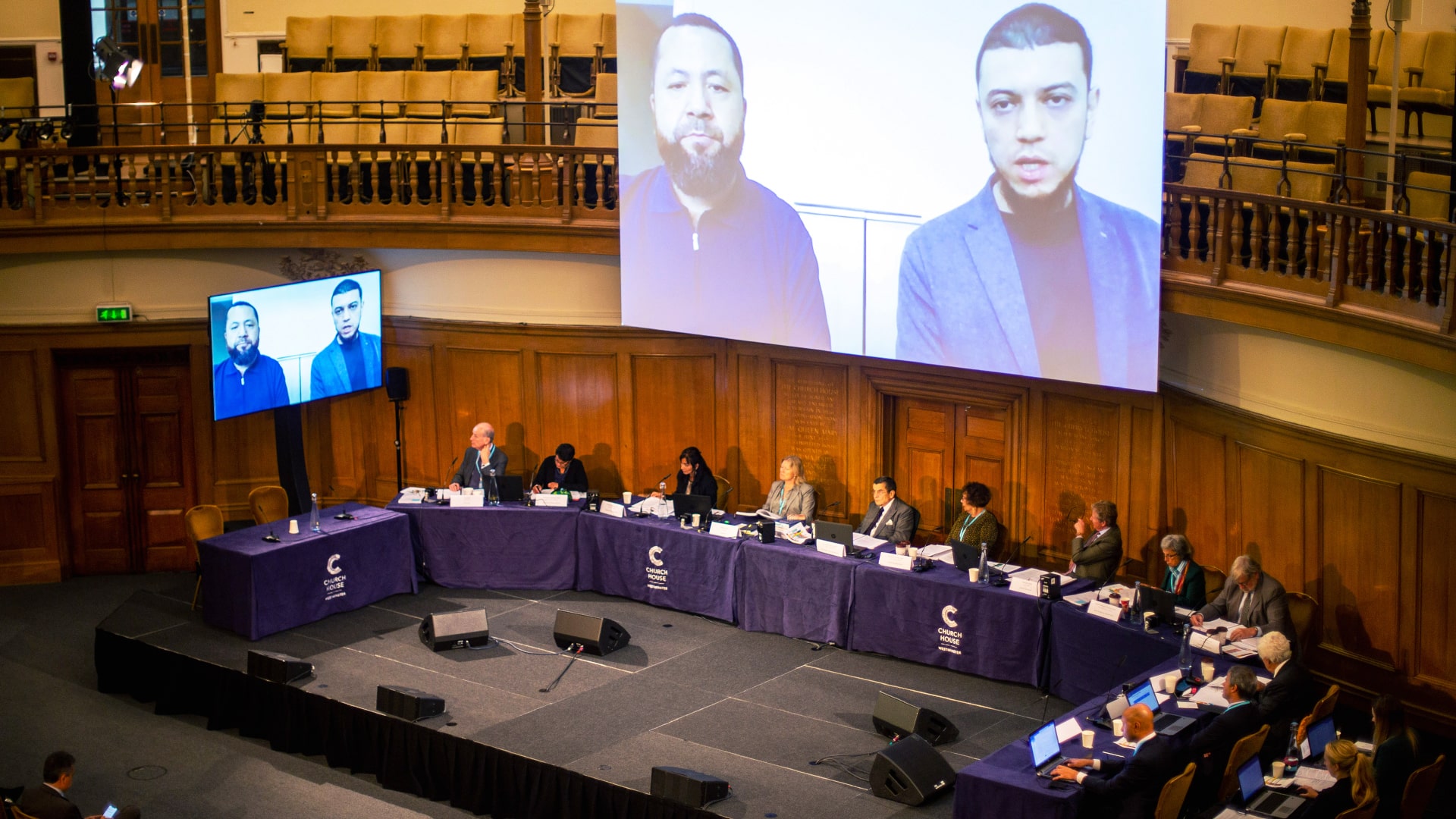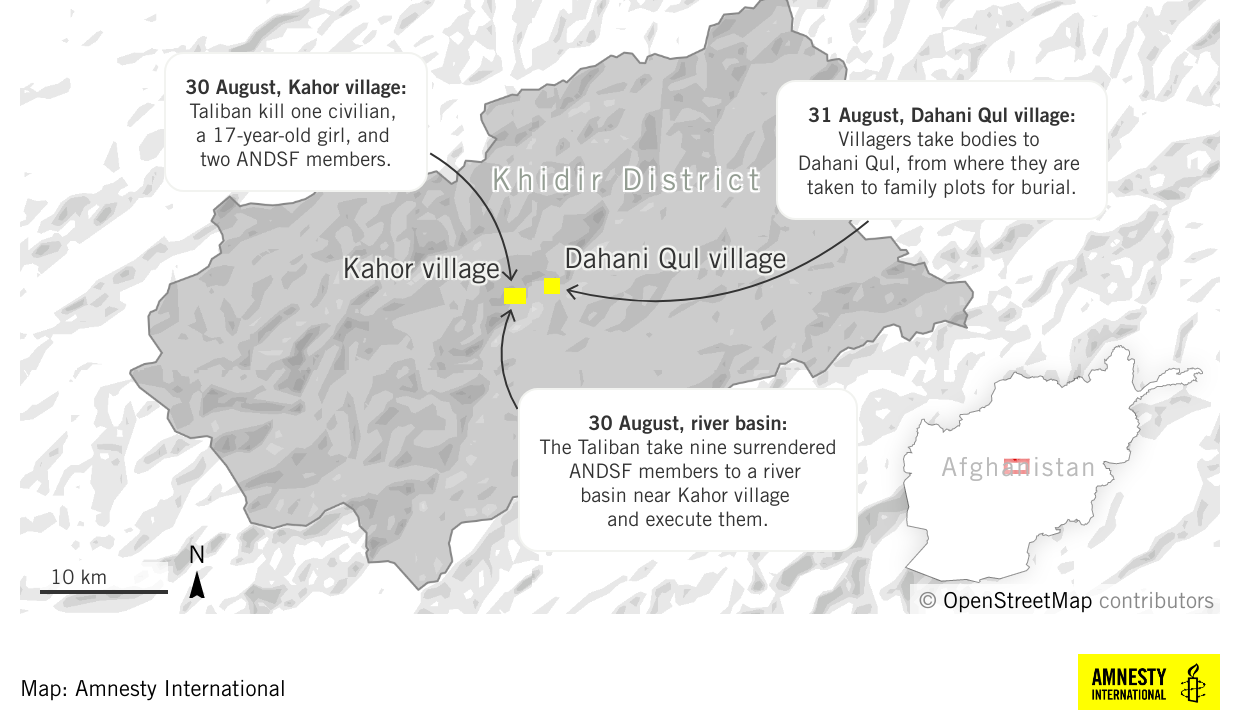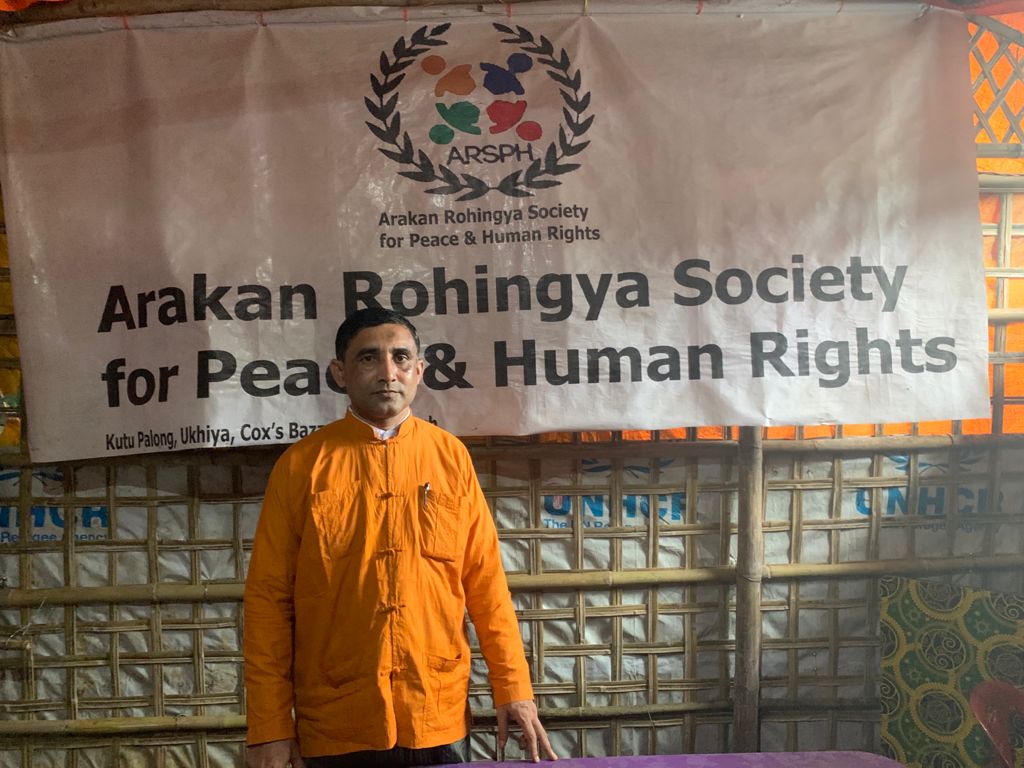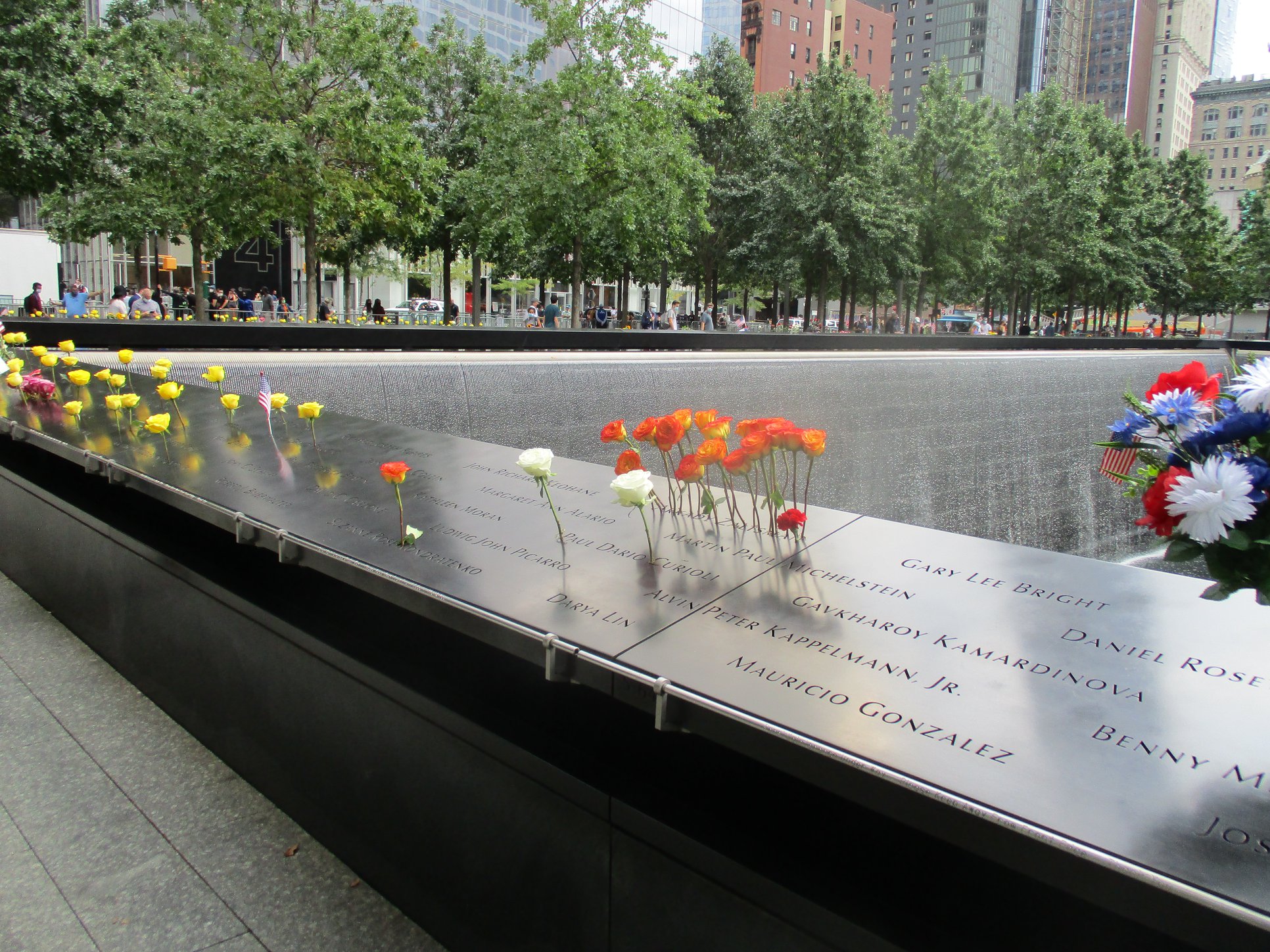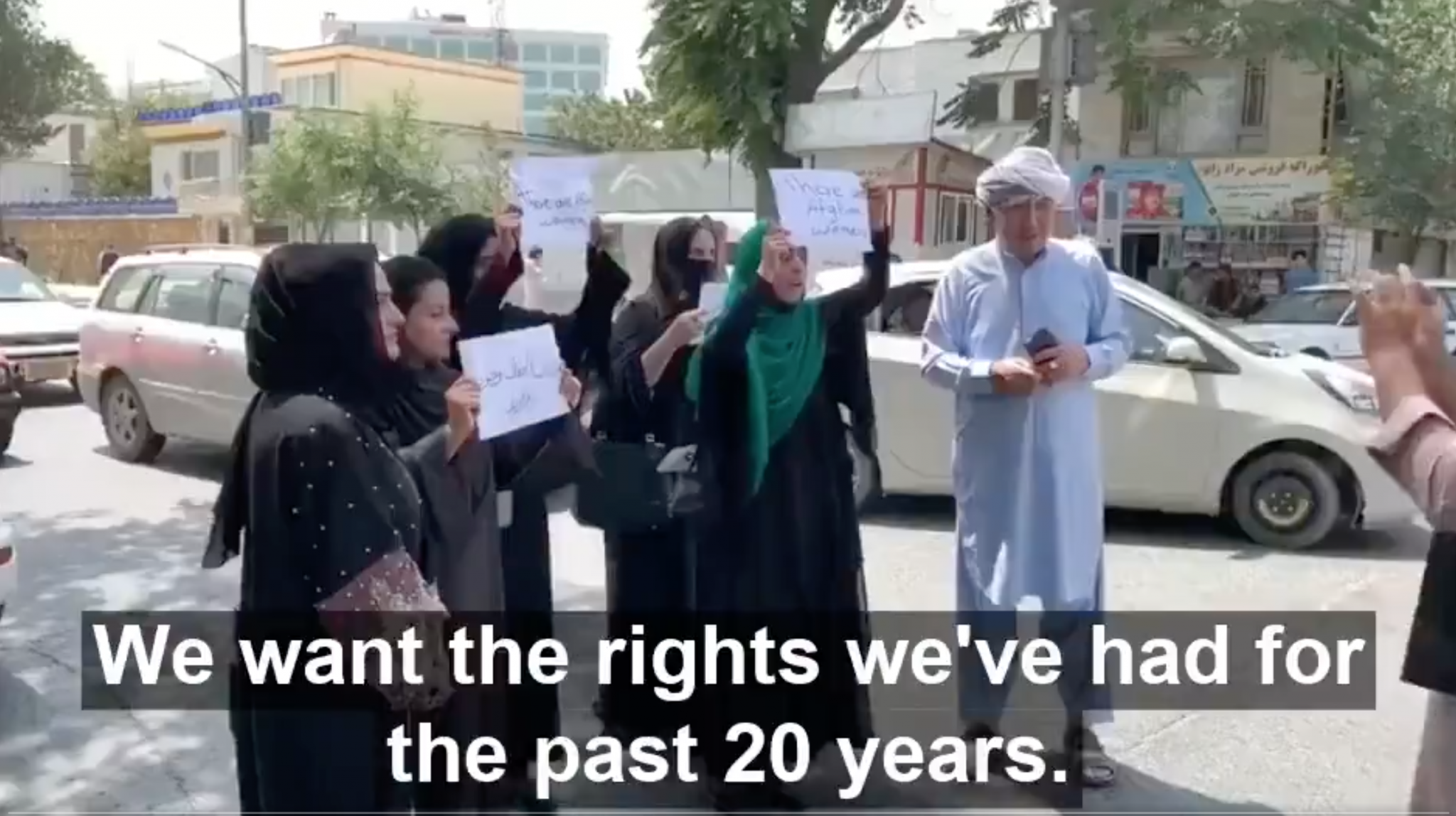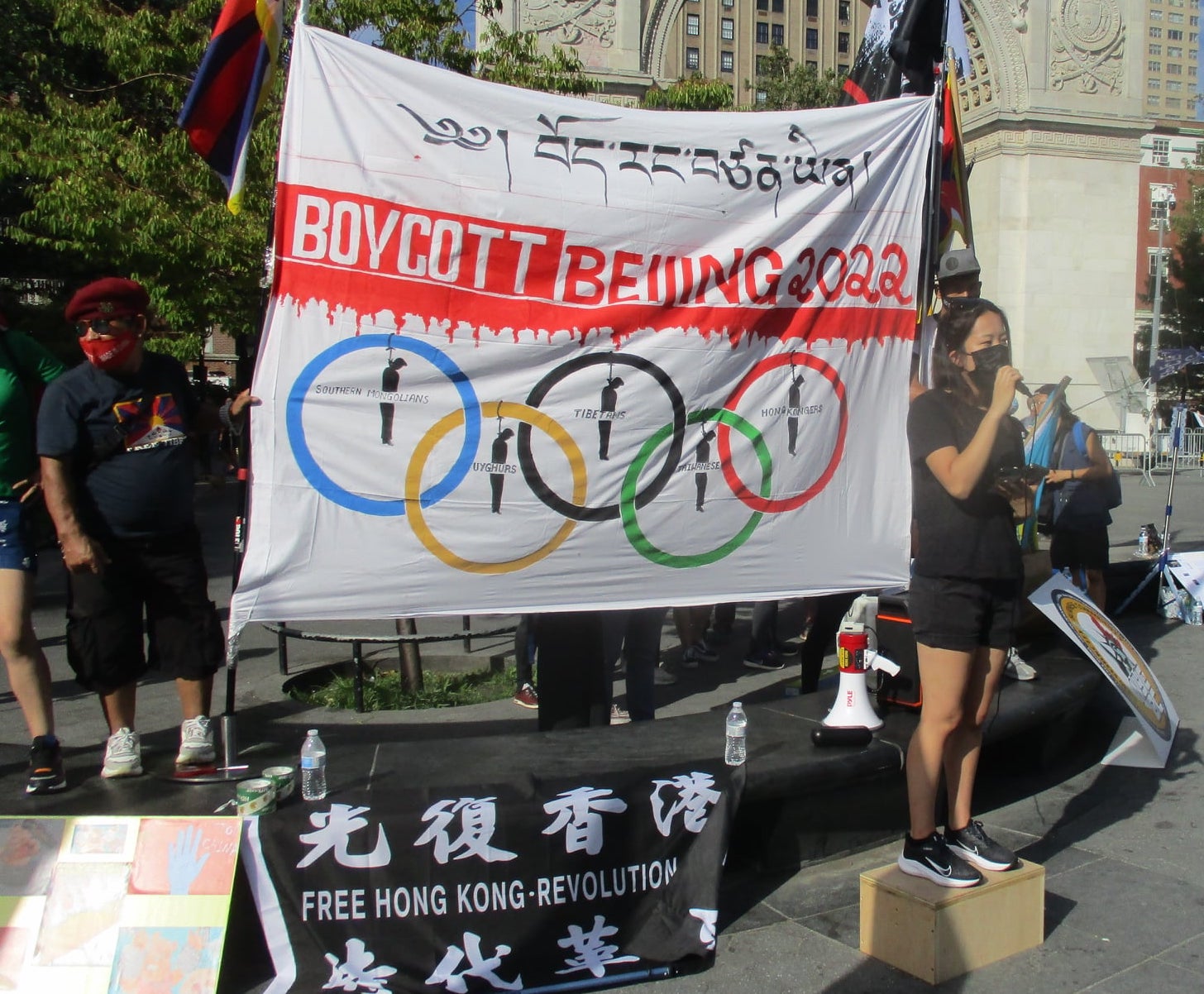
Corporate sponsors of Beijing Olympics under pressure
Human Rights Watch accused the corporate sponsors of the Beijing 2022 Winter Olympics of ignoring China’s crimes against humanity in its far western region of Xinjiang, thus “squandering the opportunity” to pressure China to address its “appalling human rights record.” Coca-Cola, Intel, Toyota and Airbnb are among the 13 Olympic Partners accused by name of overlooking China’s mass detention of ethnic Uyghurs and members of other Muslim ethnicities, as well as repression of free speech in Hong Kong. (Photo: CounterVortex)



